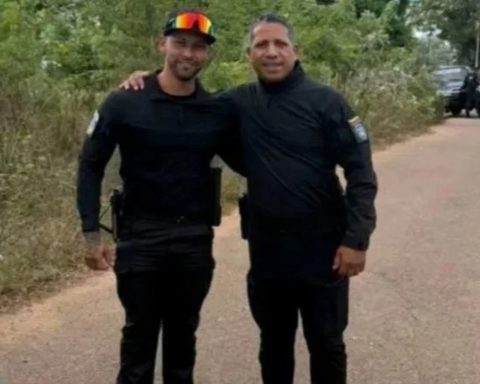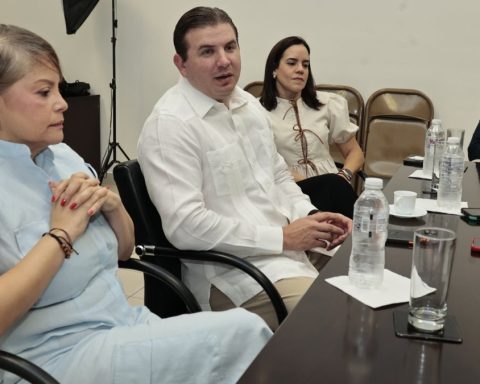Havana Cuba. — A little over four years ago, Mileydis Vaillant Despaigne decided to exchange her home. In those days she had been the victim of a scam attempt and, frightened, she wanted to disorient the criminals without suspecting that her change would turn her life into an odyssey.
The exchange was completed in October 2018 and to date the woman continues to demand ownership of the new house, access to drinking water and gas and electricity meters. Since she moved – she denounces – she suffers episodes of racism and the local authorities pressure her to leave her home.
The backfire
At first glance, the exchange seemed like a good deal because, although the house required several repairs, it occupies the upper part of a two-story building located on Avenida 41 in the Nuevo Vedado neighborhood, one of the residential areas of the Plaza de la Revolución municipality. However, within days of the move, problems began with the tenants on the first floor.
“I just landed and they started a pitched war on me. I didn’t understand why, until I found out they wanted to keep this house,” Vaillant said.
Manuel Alejandro Cordoví Gutiérrez is the owner of the first floor. According to the interviewee and other neighbors, the man lived abroad for several years and upon his return he obtained the property as a donation. In the area, several of the houses are usufructs that the government has handed over to senior officials and their families.
Although the previous owners had been trying to exchange or sell for some time, when Vaillant decided to exchange, he was unaware that Manuel Rafael, Cordoví’s father and former deputy director and secretary of the Communist Party in the International Clinic “Cira Garcia”also intended to obtain that home, and that it was a usufruct assigned 54 years ago.
“At its entrance are the electricity and gas clocks, I have never been able to see them. They also don’t let me install a motor so that the water rises, the neighbors are the ones who sometimes help me”, highlights Vaillant, who decided to complain as a result of these inconveniences.
swimming against the current
On November 30, 2018, he sent a letter to the local government, arguing the facts and his circumstances. Manuel Rafael Cordoví was in charge of counteracting the effects of the complaint, who chained a series of accusations for public scandal, violations of the architecture of the house, and even attempted murder.
From then on, a wave of repression against Vaillant was uncovered, led by Yoanqui Utra González, vice president of the government in Plaza, the vice municipal prosecutor Indira and Michely Suárez, head of Physical Planning of the territory.
“Every day a patrol car came to look for me, they locked me up and I suffered all kinds of abuse,” says the woman. At that time Vaillant cared for her mother, who suffered from dementia and Parkinson’s disease. Her husband was also bedridden and needed special attention. The two died during the COVID-19 pandemic.
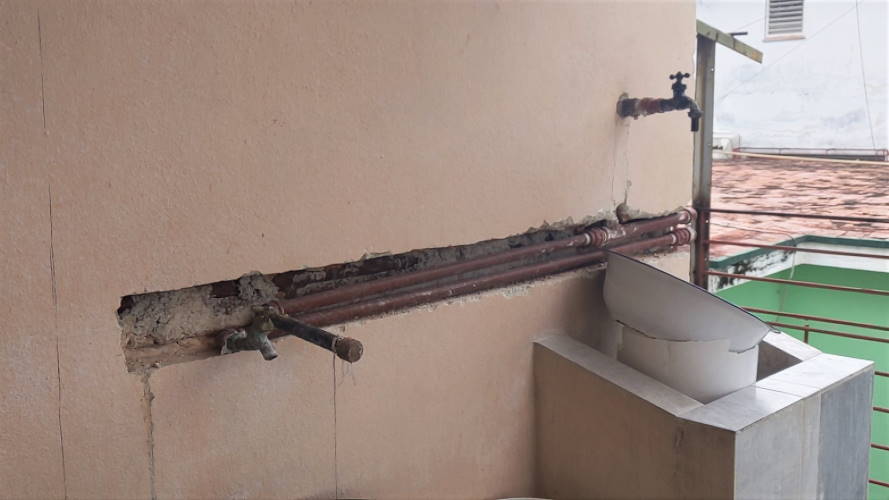
Inspectors and fines began to fall from the sky, one of them for a five-inch extension he made to the bathroom wall to accommodate his mother’s wheelchair. However, this constructive action classifies among the 33 types of works that do not require permits, according to what Housing inspector Arletys Moreno Ramos explained to Cubanet.
Utra González participated in one of the inspections, on which occasion she assured Vaillant that “the house belonged to them (the government)” because the previous owners were “free usufructuaries”, and that “many people were going to jail” for processing the exchange
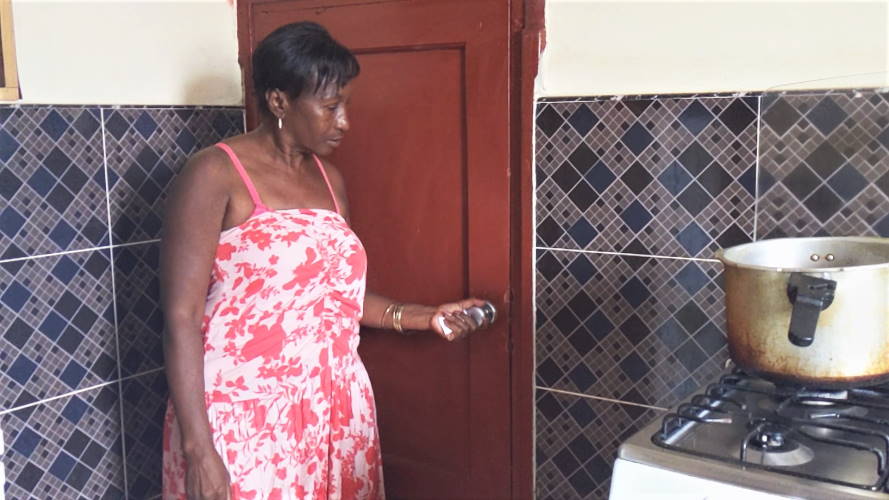
To inquire about the subject CubaNet visited the Arroyo Naranjo Collective Law Firm, where it was learned that the government or the entity that grants the subsidy has the power to withdraw it when it deems that the conditions that led to its approval have changed.
However, in the exchange, the usufructuaries drag this condition to the new house, on which the competent body can dispose.
Evading the local police, who prevented him from leaving his house, Vaillant went to the Plaza de la Revolución to complain about Utra González. There he met with “comrade Cedeño”, who, having had previous contact with the vice president, assured him that the full weight of the law would fall on her.
In search of justice, he hired a lawyer to process his case before Physical Planning. But the management was vetoed by the vice prosecutor Indira who, in a summons with the parties, appeared hugging and laughing with Utra González.
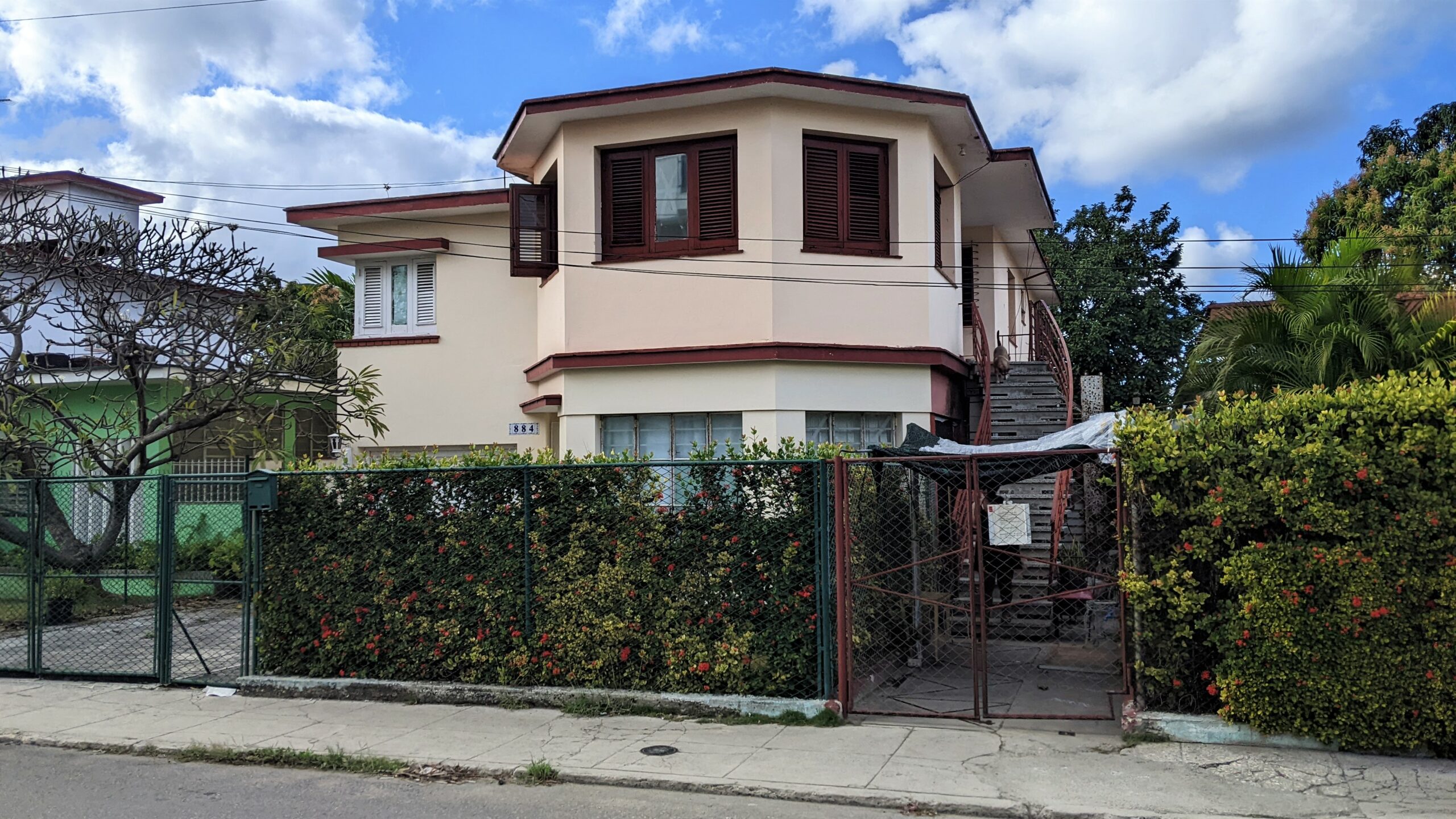
“Dead with laughter, she said that now everything was with her, that she had lost. The lawyer did not understand what was happening, she just looked at her papers and she repeated that something was mixed up. After a few days, she did not want to continue working, ”Vaillant said. “Over time they told me that the case had been misplaced, and after that it was archived.”
In one of the complaints in “la Plaza”, when leaving they told her to leave her mother with a companion because she would be interviewed by officers from the police unit on Zapata Street.
“I spent 48 hours sitting on a concrete bench until they put me in a dark room, full of dirty water and poop. Conditions were lousy. As a result, I suffered facial paralysis,” she explained. She was released because someone told her son how to file a Habeas Corpus, but she left with a movement restriction that prevented her from traveling inside or outside the country.
From then on, he spent six months signing daily at the police station. Each day they gave him a different sheet because it did not appear in any record, until he decided not to go anymore and no one asked for it. It was all a lie to keep her busy.
“Those people yelled at me for the caged monkey, the black one who wanted to walk down the white corridor. I wrote to the Aponte Commission and it turns out that the file was lost again. I didn’t know that Rensoli, the guy who took care of me, lives here in the neighborhood and is a voter for Yoanki (Utra González)”, said the woman.
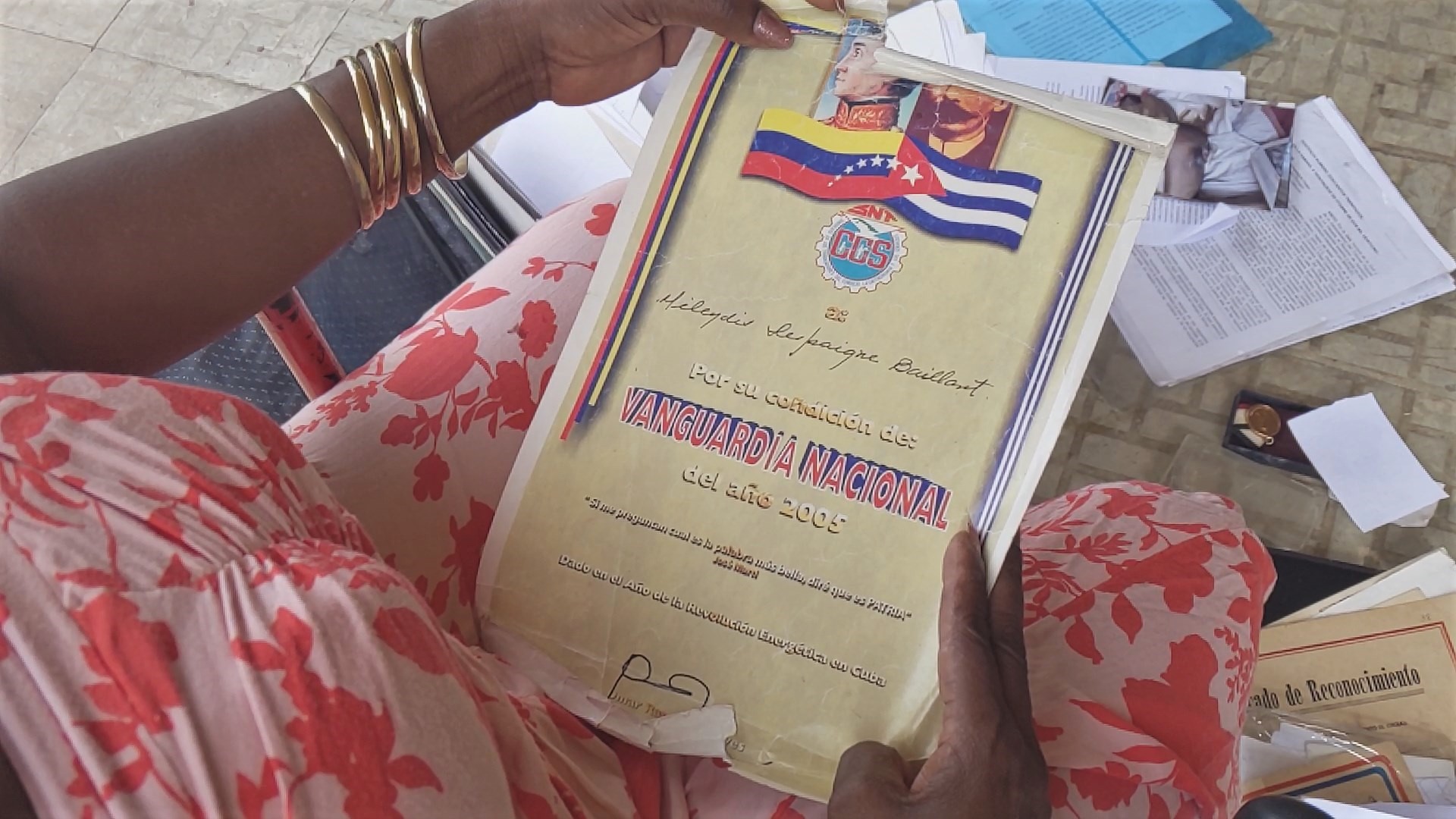
On the forgotten list
To earn his house, Vaillant had had to work ten years on the construction site in construction micro-brigades. At the Ministry of Domestic Trade, he was a national vanguard on two occasions and won a medal for distinguished work. She was Chief of Staff and first deputy director of the “Josué País” school, created for the children of the leaders.
For her part, her husband was distinguished for five years in a row as one of the best macheteros in the sugar harvest. He was a veteran of the Ethiopian and Angola wars, where he participated as a tanker. When she died, in 2021, she was still a party member in Centro Habana.
“None of that mattered when he died, we couldn’t even send him off in peace. The head of the sector came because supposedly we were dragging the chairs and that bothered the people below. He said the same thing as always, that we are a family of disaffected blacks, and that the best thing that could happen is that we left the neighborhood, ”Vaillant concluded.
Receive information from CubaNet on your cell phone through WhatsApp. Send us a message with the word “CUBA” on the phone +525545038831, You can also subscribe to our electronic newsletter by giving click here.















